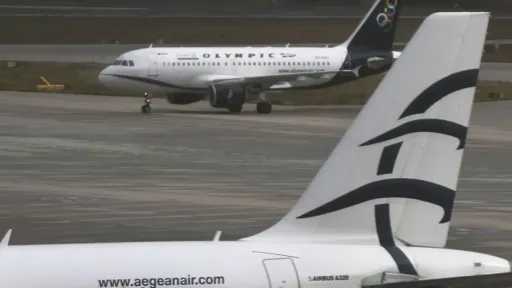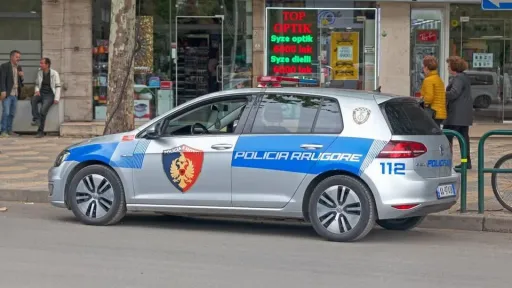Turkish mother who resisted assimilation in Bulgaria remembers the ordeal

"I hid my children in the luggage compartment of a bus"
A Turkish woman who defied Bulgaria’s forced assimilation policy during the 1980s recounts the trauma she endured while protecting her children and escaping to Türkiye.
Fatma Mutlu, now 68 and living in Kırklareli, Türkiye, vividly remembers the hardships she faced between 1984 and 1989, when the Bulgarian government attempted to erase the identity of its Turkish minority through forced name changes and bans on the Turkish language and culture.
A Mother's Desperate Plan
Widowed in 1982, Mutlu raised two daughters on her own. As government pressure intensified, she made the heart-wrenching decision to smuggle her children into Türkiye.
“You should’ve seen where I hid them,” Mutlu said. “We placed them inside the tool compartment in the bus trunk — the one drivers use for hammers. Both of my girls passed through in there.”
Her daughters were received in Edirne by relatives. Mutlu joined them a week later with just a single bag in hand.
Forced to Change Her Name
Mutlu recalled how soldiers and police stormed her home with dogs and forced her to adopt a Bulgarian name.
“They threw a thick book in front of me and said, ‘Pick a name from this.’ I refused, but they told me I’d lose my job. With two children to feed, I had no choice.”
Five-Year Struggle to Reach Türkiye
Although part of the mass exodus of Turks from Bulgaria in 1989, Mutlu was unable to leave at the time. For five years, she tried and finally secured a visa in 1994 under the pretense of going on a vacation. She sold her home and gave the proceeds to her children.
“My father cried when I visited,” she said. “‘Why are you crying?’ I asked. He told me, ‘Even your dead grandfather’s name was changed today. They didn’t let him rest in peace.’”
A Life Rebuilt in Türkiye
Mutlu described the constant fear and psychological toll of the assimilation years:
“I couldn’t let my children speak Turkish. I was terrified they’d say a word and we’d be punished. Those days still make my head spin when I remember them.”
Now living peacefully in Türkiye with her children and grandchildren, Mutlu said she feels like she was “reborn” the day she stepped foot on Turkish soil.
“Only a person who lived through it can understand. I thank God I saved my children.”







